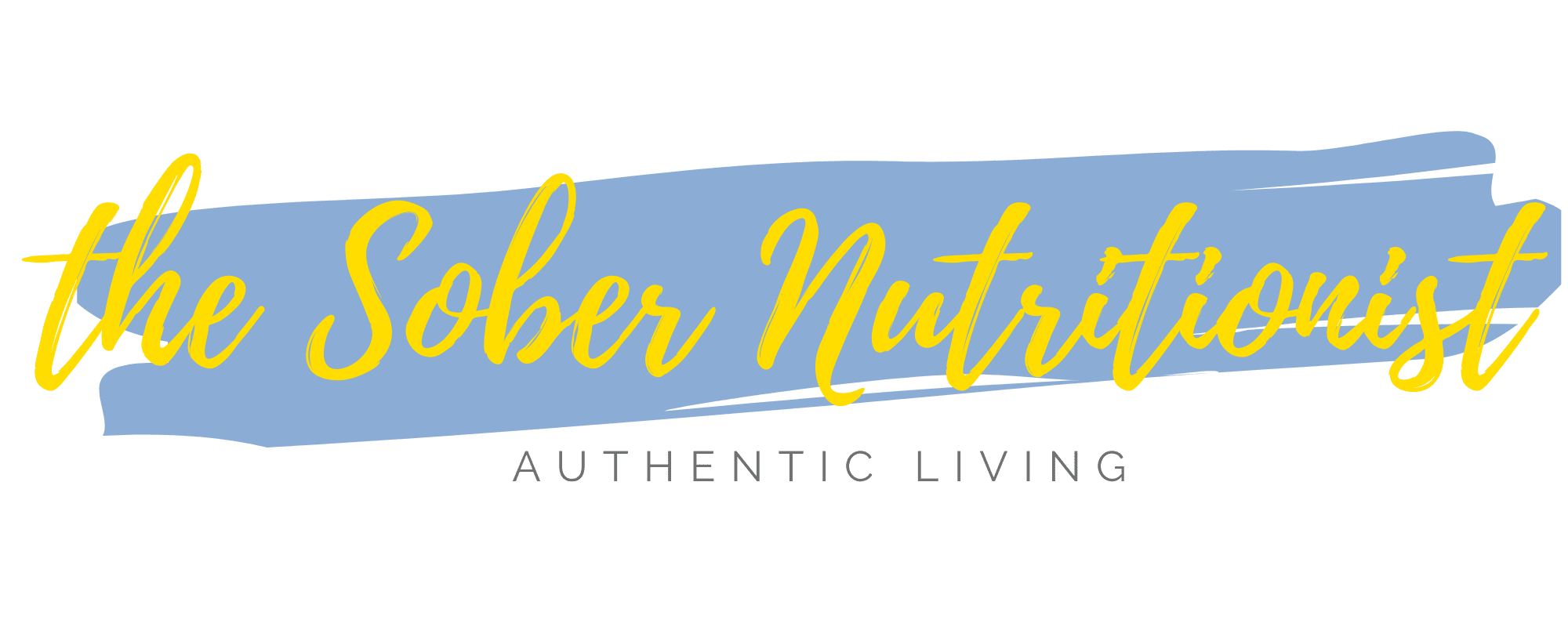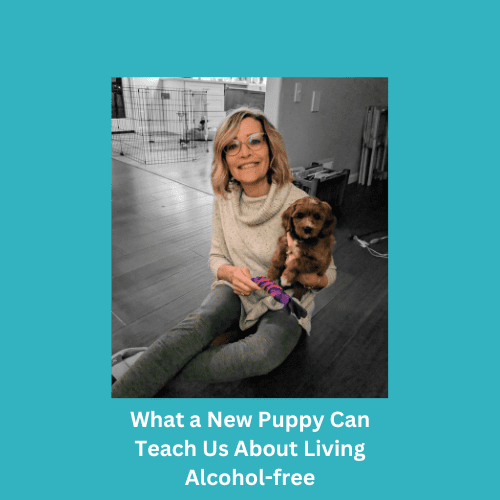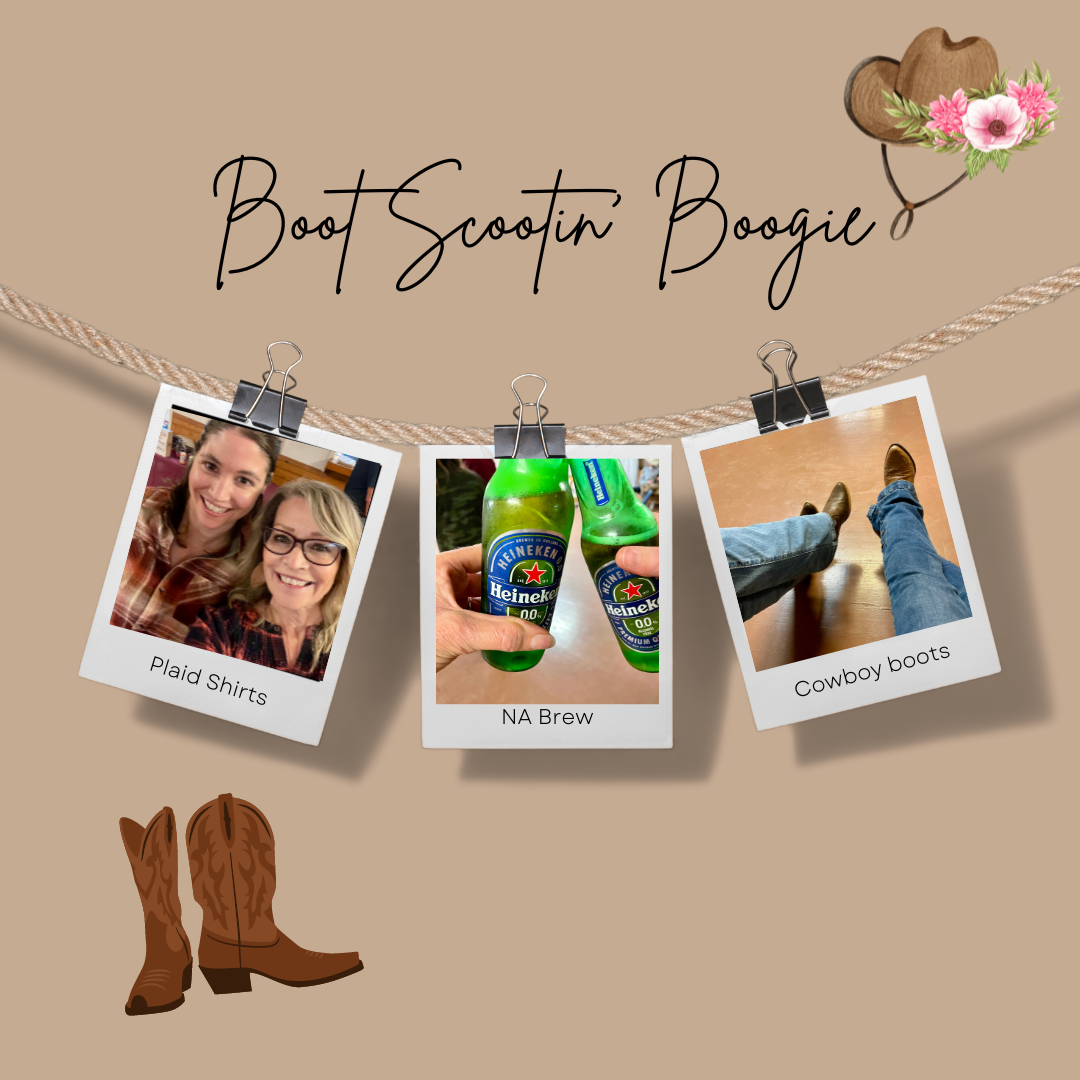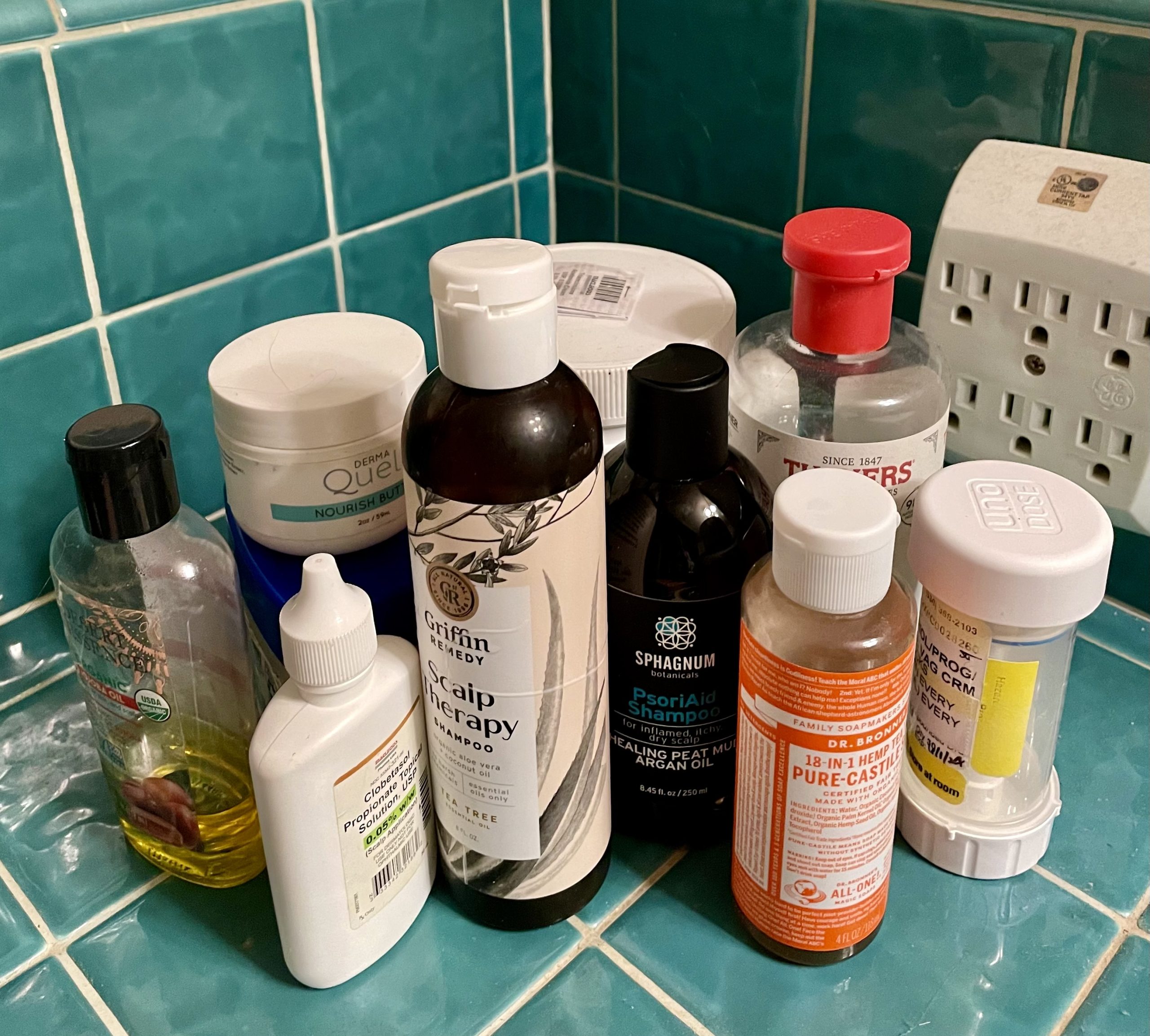- Stay present (puppies only live in the moment with no recollection of the ‘accident’ they had only moments before). Bringing up the past or worrying about the future is futile.
- Know your pack – our new puppy wants to know where we are at all times. She came from a litter of 9, so her safety is dependent on us. On our AF journey, having a few trusted friends and family can also make us feel more secure on our new path.
- First manage, then train. This is from the online puppy school. Our brains work the same way, focusing on managing our thoughts and emotions before we try to ‘train’ for new behavior.
- Watching the clock. Our new puppy needs to be watched constantly and taken outside every 20 minutes. This reminds me of trying to keep track of my brain on alcohol; when can I drink again? Does anyone notice how many drinks I’ve had? It’s been 20 minutes, my drink is empty, now what??
- Duck Mode (a.k.a. Puppy Mode): ignore the bad and reward the good. With puppy training we try to ignore bad behavior, redirect and then reward the better behavior. This is a lot like duck mode: no matter how much she howls, we don’t give any attention until she has calmed down. Sounds a lot like our brain, throwing a tantrum about drinking; whining, howling, whimpering…
- The 50% line. Just like humans, puppies can drop below 50% from overstimulation, stress, hunger, or fatigue. When our sweet pup is DONE, we see the worst behaviors come out – chasing, nipping, and ignoring everything. A gentle massage, a quiet room and a short nap work magic, just like they do for us!
- Sleep – a new puppy has to adjust a lot to sleep through the night. Patience and consistency are key (we have had her with us 4 nights so far and each night things are improving). When we first stop drinking alcohol, we too have to adjust in order to sleep through the night. Our hormones are resetting; we might be used to ‘passing out’ vs. sleeping; these will also resolve with patience and consistency.
- Regular checkups. Our new puppy needs shots and deworming and dental checkups. Just like we do. When we overdrink, we often become lax about routine health care. Getting back on track is an important part of self-care. (note: especially if you notice any new symptoms that don’t resolve with time. Getting base line labs is important!
The most important thing to remember with a new puppy is that there will be mixed emotions (she’s so cute; ugh, why is she still peeing in the house?; it’s your turn to feed the dog) and progressive stages. A new puppy might sleep through the night and then suddenly stop. Old behaviors might reappear as the dog goes through those ‘teenage’ years, or a new baby comes home.
This is exactly like our alcohol-free journey; we might feel elated in the first few months only to find ourselves down and wondering ‘is this all there is?’ a few months later. Compassion and curiosity are so important and really do go a long way towards helping us through the early days. I know that soon I will feel confident to take our puppy out in public, just like you will gain confidence with your sober lifestyle. And, the reward is in a brand new relationship (with our pup, or with ourselves!).




